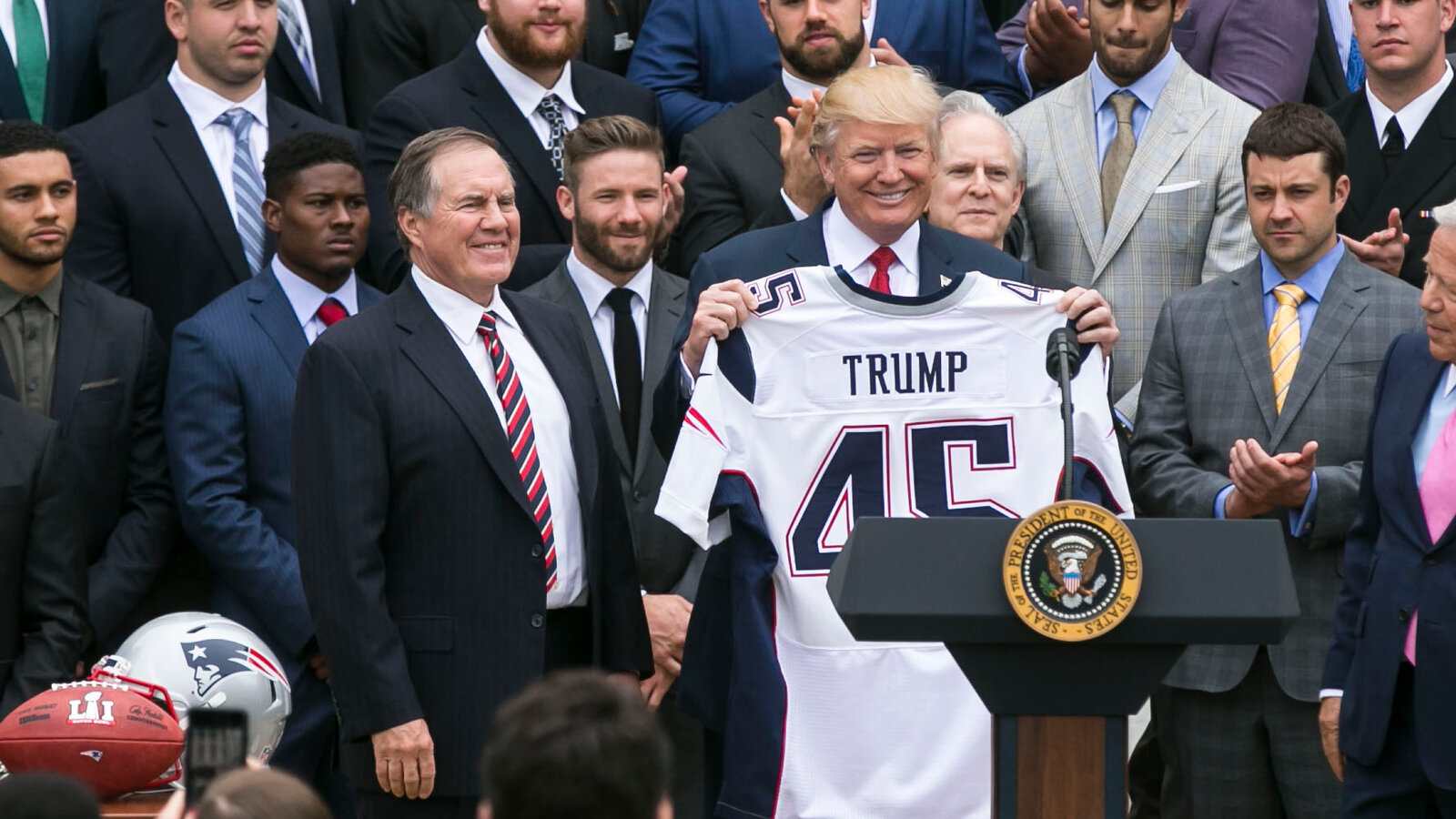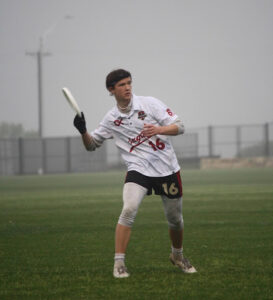The Kansas City Chiefs will defend their Super Bowl title against Tom Brady’s Tampa Bay Buccaneers Sunday, Feb. 7. The big event will have over 185 million estimated viewers, the National Retail Federation (NRF) said. The number speaks for itself.
Wherever this many people, the media, and money gather, so does politics.
Over the years, sports have become an important environment for political expression and the NFL is part of it. Colin Kaepernick’s kneeling during the national anthem examples this bonding between sports and politics. However, Kaepernick was not the first athlete to publicly demonstrate his political views.
In 1967, Muhammad Ali refused army induction based on his beliefs as a Muslim and his opposition to the Vietnam war occurring at the time.
A year later in 1968 Tommie Smith and John Carlos raised their fists in a Black Power Salute during the Summer Olympics in Mexico City. Their picture is one of the most famous in sports history. It started the debate: should athletes manifest their political views?
When NBA athletes protested against police brutality last year, former President Donald Trump went on Twitter to show his disapproval. Trump’s statement is from Sept. 1, 2020. It was a warning prior to the Super Bowl that will happen this Sunday, five months later.
“People are tired of watching the highly political NBA. Basketball ratings are way down,” Trump tweeted. … “I hope football and baseball are watching and learning because the same thing will be happening to them. Stand tall for our country and our flag.”
Tom Brady, the Buccaneers’ quarterback, already admitted being long-time friends with Trump. Brady has 8.2 million Instagram followers, and quickly disassociated his image from the then-presidential candidate, especially after a photo of the ‘make America great again’ hat in his locker room went viral.
“The whole political aspect came, and I think I got brought into a lot of those things because it was so polarizing around the election time,” Brady said in an interview for SiriusXM’s. “It was uncomfortable for me. You can’t undo things — not that I would undo a friendship — but the political support is totally different than the support of a friend.”
The Chiefs’ quarterback, Patrick Mahones, has 4.2 million Instagram followers, but he never expressed his political opinions. Regardless, fake pictures of Mahones circulated the internet, featuring him wearing a T-shirt saying ‘The Great State of Kansas’, which refers to Trump’s erroneous line placing Kansas City in Kansas instead of Missouri.
Political views are an individual matter. There will never be a dinner table full of people who agree with everything. Perceptions of good and bad, right and wrong, vary according to each individual’s reality and needs.
Athletes coming forward and expressing their views is not necessarily right – but it is not wrong either.
Athletes in the big leagues like NFL, have a huge impact on people’s lives. Even if they do not want to, they influence the personal views and decisions of supporters.
Their status and influence do not mean we should vote for whom they are voting.
It means we can listen to their point of view and start thinking about ours. Opening our minds to what is different can be a hard task, but it is a skill anyone can learn. That is the importance of the influence they have. They should use their platform to create discussions, start social movements and promote actions.
They are athletes but they are also citizens. Choosing to express themselves or to remain silent could have good and bad consequences either way.
The Super Bowl is a more political environment than ever before, particularly with people’s abilities to quickly connect over the media. The event ties the most important concepts in politics: media, people, power, and money.
There is nothing more political than that.





















Very political indeed. Very good article, miss Dantas.